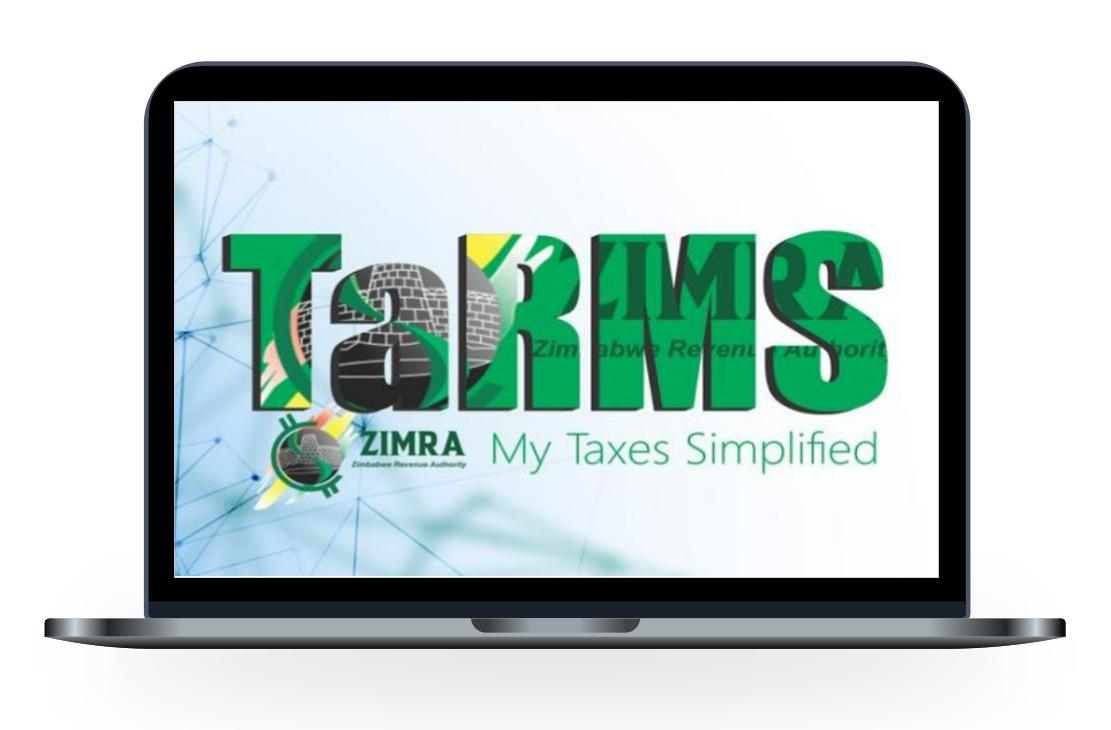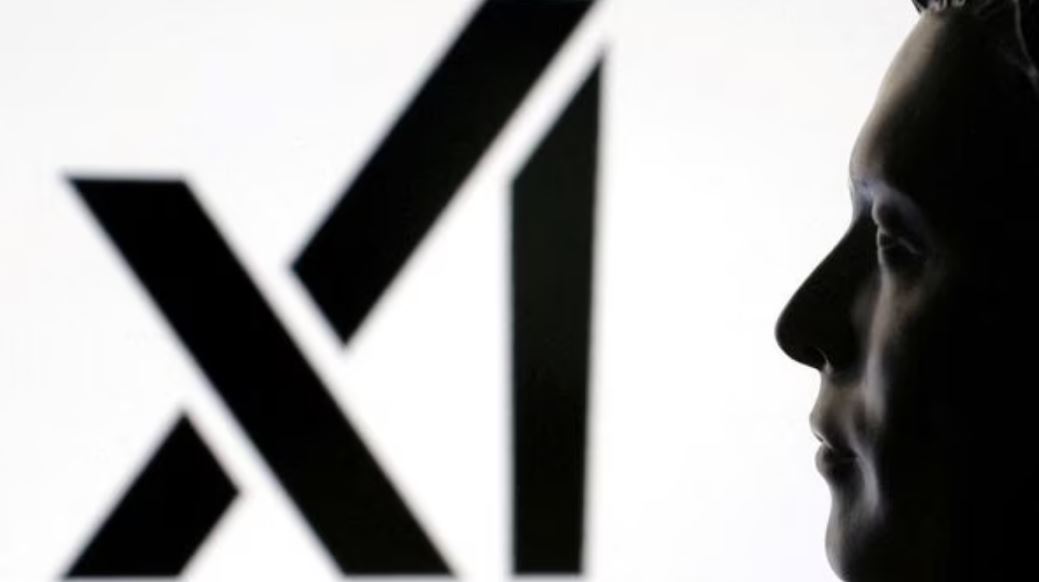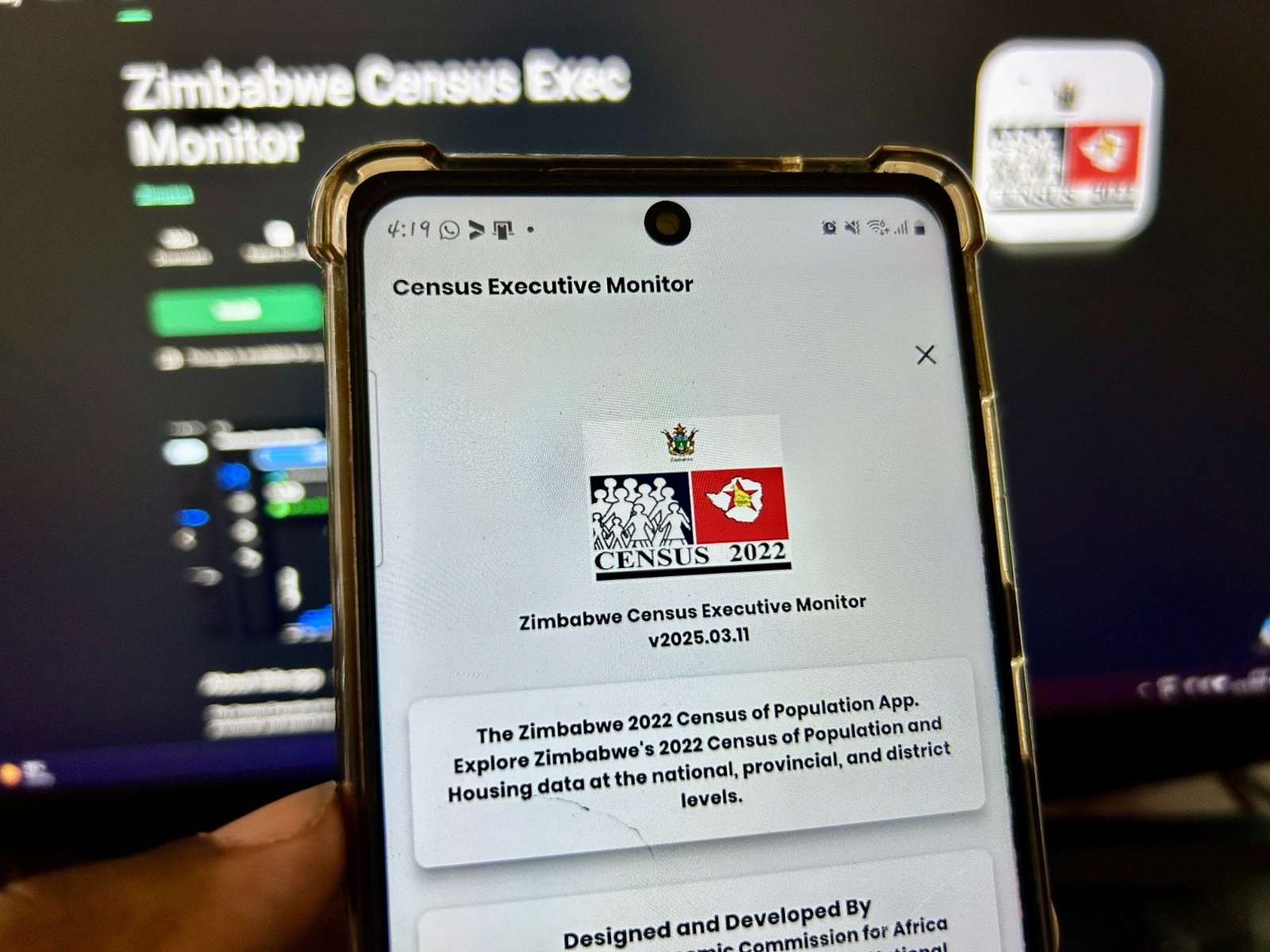 The Zimbabwean government (and by that we mean the Ministry of Transport, Communications and Infrastructural Development) has finally announced what looks like the final position on the mobile network operator license fee increase. It’s US $137.5 million and the license is for 20 years. It’s an increase from the previous figure of $100m for 15 years.
The Zimbabwean government (and by that we mean the Ministry of Transport, Communications and Infrastructural Development) has finally announced what looks like the final position on the mobile network operator license fee increase. It’s US $137.5 million and the license is for 20 years. It’s an increase from the previous figure of $100m for 15 years.
The announcement was made in a statement issued by the Ministry’s head, Nicholas Goche. As you may know, the Postal and Telecommunications Regulatory Authority of Zimbabwe (POTRAZ) falls under his ministry. The statement came just a day after the Finance Minister, Tendai Biti, announced that the government had approved new taxes on mobile network services and mobile banking. We have a post on that here.
Goche’s statement brings closure to the speculation in Zimbabwe about the increase of the license fees since information came out in March that the government was looking to increase the fees to $180 million, primarily to fund the country’s upcoming general elections. Then, it was also said by Biti that government would migrate the licenses to a converged licensing regime from a technology specific one.
That migration is not happening, says the new statement. The new license fees are for the mobile operators only, and “the scope of the license remain substantially the same as the current license.”
“This means the license will cover the range of services that are commonly referred to as 2G through to 3G” continues the statement. Yes, sounds very general, so maybe the terms of the actual license are more specific. Regardless, sounds quite expensive to have to pay $137.5m just to do voice and the internet when your competition can do both using the internet and paying just a fraction of the fees ($4 million). And the technology changes keep happening at an even faster pace! Or are they going to revise those upwards too?
As for the election funding agenda, Goche’s statement doesn’t go into that at all. It just says they made consultations and comparative studies at regional and international level before they settled on a figure that met “Government’s expectations”. On the very high possibility of this increase being passed down to consumers of mobile telephony & internet by the mobile operators, the statement is actually very silent. It only says they did consider that the industry needs to be allowed to flourish in spite of the increase.
The statement also says Econet Wireless, the largest telecoms firm in Zimbabwe, has already applied for a license renewal on the new terms, had it approved, and a 20 year license issued.
Here are the main points of the statement:
- The license fees have increased from $100 million for a 15 year tenure to 137.5 million for 20 years.
- In addition mobile operators will still pay an annual license fee of 2% of their annual gross turnover.
- They will also pay towards the Universal Service Fund of 0.5% of the annual gross turnover.
- They also pay spectrum fees (not specified).
- The license will cover “the range of services that are commonly referred to as 2G through to 3G”
- Services beyond that will require formal license adjustments. It doesn’t say if there will be any additional fees paid for this.
You can download the full statement here.













Comments
15 responses
The previous fee was $6.67 million per year the new fee is $6.88 million per year an increase of $0.21 million ($210 000) per year
Thanks for the maths…the way TZ wrote the article kinda made it seem like a massive increase that will give their friends Econet more excuses to keep on charging us silly prices like $1 for a measly 10mb.
the increase is only marginal, considering that even the least performing mobile operator manages to generate profits over 20 million yearly
Thats not an increase at all, its even cheaper considering its a 20yr contract if there are no clauses for upward review should they want converged licence
its actually cheaper than the license fees charged by ICASA in south africa and CCK in Kenya
I was surprised, actually!! First person to comment on radio was Netone CEO!! “Birds of a feather flock together.”
[…] The announcement was made as part of the government’s 2014 Mid-Year Fiscal Policy Review Statement (which you can download here). The move, according to the minister, is aimed at raising funds to fund government expenditure. It looks as if when the government can’t fund running the country, telecoms is the target for sourcing revenue. […]
[…] The announcement was made as part of the government’s 2014 Mid-Year Fiscal Policy Review Statement (which you can download here). The move, according to the minister, is aimed at raising funds for government expenditure. It looks as if when the government can’t fund running the country, telecoms is the target for sourcing revenue. […]
[…] paying huge license fees (well Econet at least, and to some extent Telecel) and contributing significantly to the country […]
[…] was to go with the old simple licensing so they renewed Econet and Telecel ‘s licenses, giving them 20 year licenses for $137.5 million each. Effectively, converged licensing was put on […]
[…] just bait in all of this. Telecel has been on the receiving end of leniency regarding the $137 million document, and I doubt that it would be used against it at this hour. Somehow another “special […]
[…] There was also additional tax introduced on airtime credit, as well as a new duty on mobile devices that weighed in on the phone distribution units that these operators run and slowed down the increase of our national smartphone penetration rate. All this was on the heels of hefty payments on operating licences. […]
[…] year a tax was approved on network operators to fund the elections and the same mobile networks were asked to fork out $137.5 million each for license renewals. The milking didn’t stop there […]
[…] recently renewed cellular mobile licences which were set at $137,5 million will be converted to unified licences. Any licencee with a licence set to expire will be asked to […]
[…] following the government’s resolution to raise the contributions to the Universal Service Fund from 0.5% to 1.5% of their gross annual […]